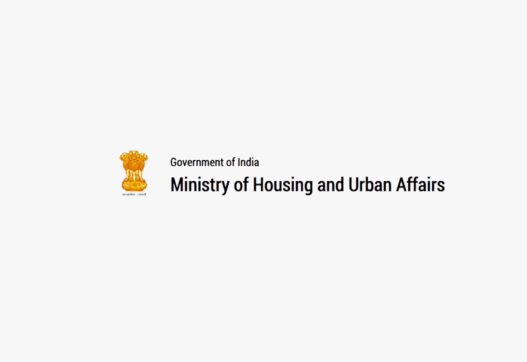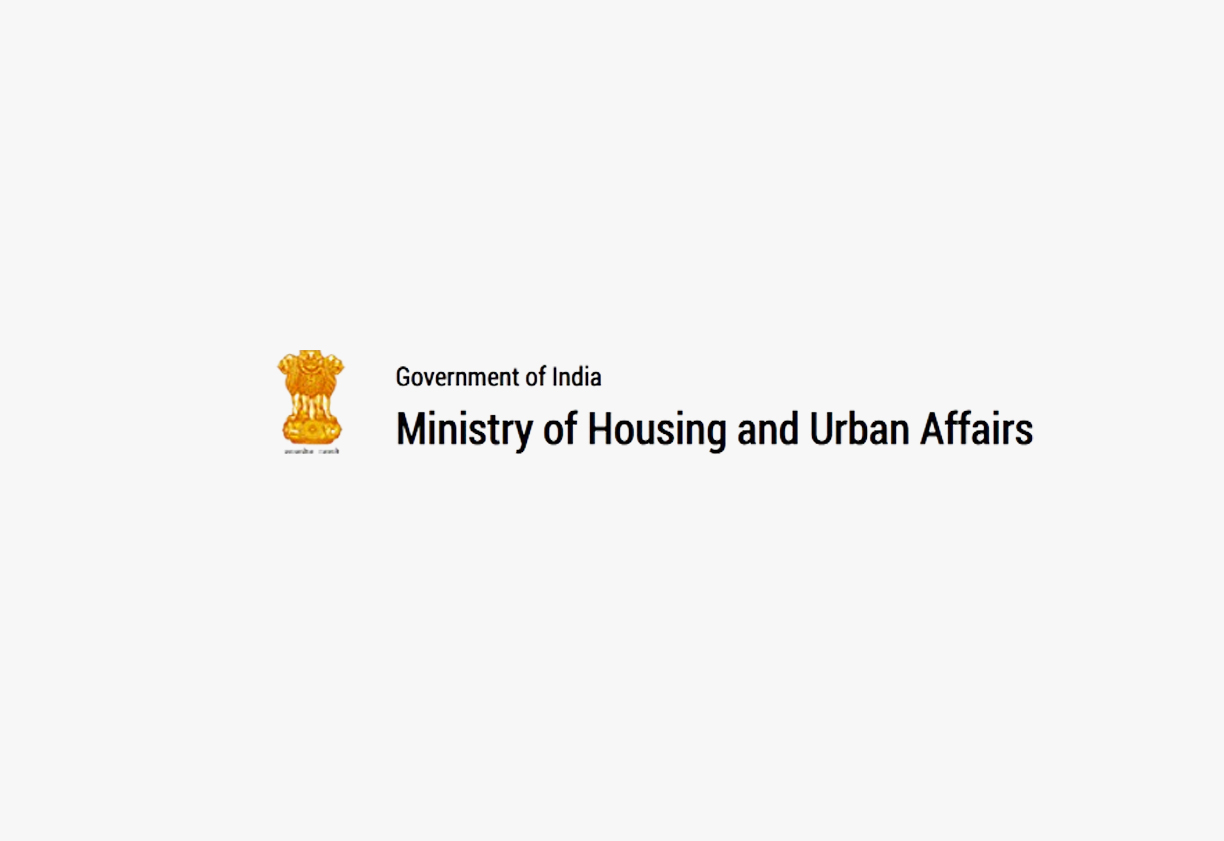Ministry of Housing and Urban Affairs
The Government Buildings Act, 1899, provides for the exemption of certain government buildings and lands from the operation of municipal building laws in India, while also outlining procedures for handling objections and suggestions related to such constructions.
1: Act Background and Ministry Under Which This Act Is:
The Government Buildings Act, 1899, was enacted to provide for the exemption of certain government buildings and lands from the operation of municipal building laws. This act aimed to streamline the construction and maintenance of government buildings by exempting them from the purview of local municipal regulations. While the act does not fall under a specific ministry, it is generally administered by the Ministry of Housing and Urban Affairs, which is responsible for urban planning and development in India. The ministry plays a crucial role in ensuring the efficient management of government infrastructure.
2: Enactment Date, Number of Chapters, Number of Sections:
The Government Buildings Act, 1899, was enacted on 3rd February, 1899, and is known as Act No. 4 of 1899. The act does not have formal chapters, but is structured into 4 main sections. These sections cover various aspects such as short title and extent, definitions, exemptions for government buildings, and procedures for handling objections and suggestions. The act is concise and focuses on the specific issue of government building exemptions. The act has been amended over time to reflect changing requirements.
3: Act Governed By:
The Government Buildings Act is governed by the State Governments, which have the power to oversee the implementation of the act within their respective jurisdictions. The act is governed by the provisions outlined within it, as well as rules and regulations framed by the State authorities. It is therefore a combination of state authority with a central authority oversight.
4: On Whom It Is Applicable:
The provisions of the Government Buildings Act are applicable to the Central Government, State Governments, municipal authorities, and all persons involved in the construction and maintenance of government buildings within municipal limits in India. The act ensures that all such entities and individuals adhere to the regulations outlined, as well as the Act’s mandate and guiding principles. The general public are indirect beneficiaries of the act’s provisions. The act’s focus is to exempt certain government buildings from municipal laws.
5: Penalties/Punishments:
The Government Buildings Act does not specifically lay down penalties or punishments for violation of its provisions. However, the act ensures accountability through rules, regulations, and supervisory authority, emphasizing the proper management of government buildings. This act therefore prioritizes good governance and public welfare.
6: Important Pointers:
-
Exemption from Municipal Laws: The act exempts certain government buildings from municipal building laws.
-
Definition of Municipal Authority: It defines “municipal authority” to include municipal corporations and other local bodies.
-
Notice Requirement: It mandates that reasonable notice be given to the municipal authority before commencing construction.
-
Objections and Suggestions: It outlines the procedure for municipal authorities and others to submit objections or suggestions.
-
State Government Authority: It empowers State Governments to consider and pass orders on objections and suggestions.
-
Scope of Exemptions: It specifies that the exemptions apply to buildings used for public service or public purposes. The act provides both broad and specific areas of operation for government buildings.
7: Act Copy:




